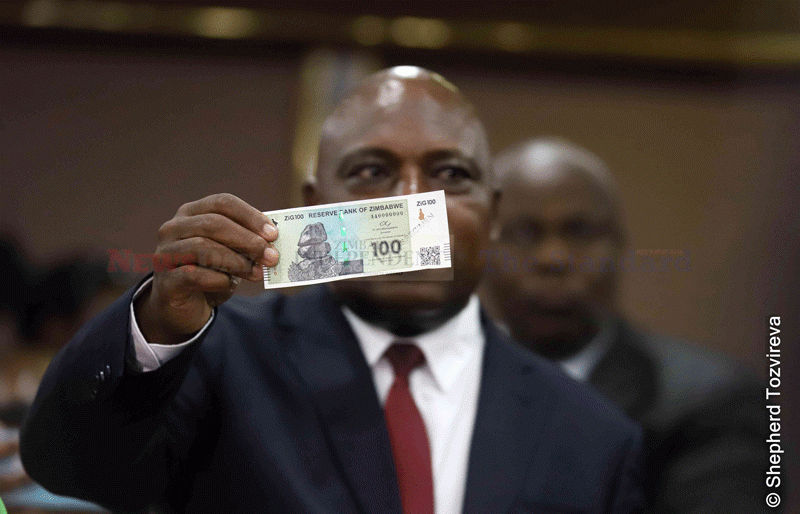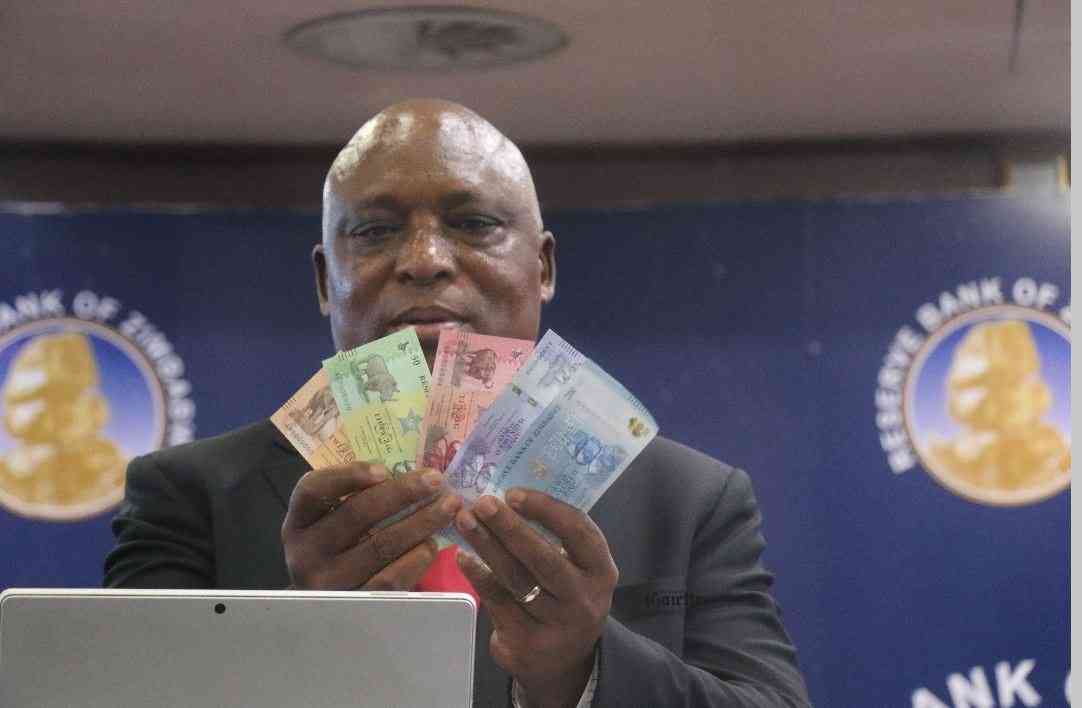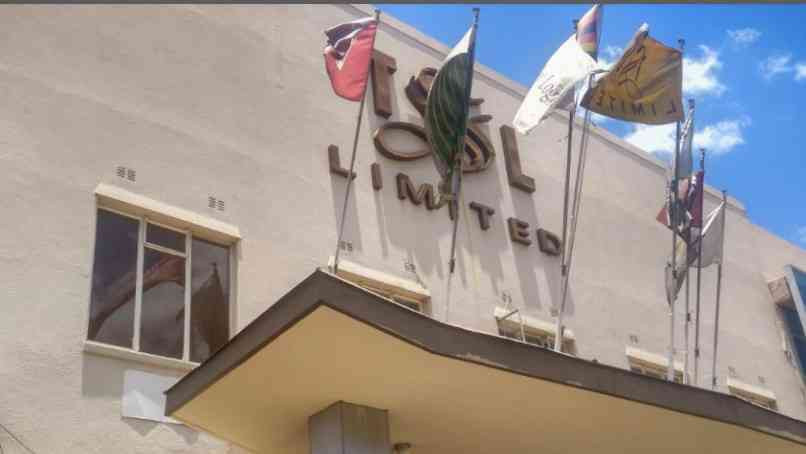
Zimbabweans are snapping up properties as a safe-haven against currency uncertainty and the frequent economic policy u-turns that have scared off investors, at a time when a popular hedge — the country’s stock market — is underperforming.
The Zimbabwe Stock Exchange’s all-share index is down 21% since September 27, when the central bank devalued the ZiG after a bout of persistent weakness against the dollar and began tightening monetary policy to stabilise the local gold-backed currency.
Its stance has led to a liquidity crunch that’s impacted the bourse and forced local investors to look elsewhere.
“There are lots of cash buyers,” Mark Conway, the founder of propertybook.co.zw, the country’s largest online property portal, said in an interview.
“Property has become the flavour of the season and the preferred place to park cash.”
Buyers include local business owners, miners who are cash flush from a rally in the gold price and Zimbabwean nationals living abroad, estate agency owners said.
Many are attracted to properties in Harare, the capital, where prices of upmarket residential homes in leafy northern suburbs such as Borrowdale and Highlands are rising between 8% to 12% annually, according to data by PropertyBook.
Demand in the capital often outstrips supply, according to Joshua Silcock, an estate agency partner at Cardinal Properties, whose property portfolio spans across Harare, the tourist city of Victoria Falls and Gweru, the third-largest city.
- Awards target married couples
- Awards target married couples
- Inaugural Zim investor indaba highlights
- Stop clinging to decaying state firms
Keep Reading
“Complexes remain popular in prime suburbs due to increased security, management ease and reduction in use of water,” he said.
Service delivery in Harare is almost non-existent with most suburbs having no tap water supplied by the city council.
The dire state has helped property developers cash in, with new builds sprouting across the northern suburbs. Projects are usually sold-out off plan, Silcock said.
Real estate is also popular among institutional investors.
Funds under management invested in property increased to 47% in the final quarter of 2024 from 43.6% in the prior three months, according to the Securities and Exchange Commission of Zimbabwe, the industry regulator.
While equities and property have traditionally emerged as the top investment choices for investors, there is a “significant move” toward the latter segment even though it’s “slightly less liquid,” Imara Edwards Securities Managing Director Sebastian Gumbo said.
“It’s all a hedge against the economy-wide issues such as the change in currencies from the Zimbabwean dollar to the ZiG and even the recent devaluation,” he said by phone.
Some institutional investors including banks see property as a chance to diversify away from solely deposits and lending to owning the entire value chain from the land, development and providing mortgages, said Gumbo.
“They are big players, large entities with large capital to park in property.”
FBC Bank, a Harare-based lender, is among banks with an expansive property portfolio.
Zimbabwe’s property boom also hasn’t gone unnoticed outside its borders.
In March, South African-based Chas Everitt International opened an office in Harare, eying the growing luxury property market.
Zimbabwe’s uniquely “US dollar denominated economy” is naturally “attractive” to regional firms operating in softer currencies, Gumbo said.
A liquidity crunch is deepening the economy’s embrace of the US dollar and undermining the bullion-backed currency introduced by the government almost a year ago.
The ZiG, short for Zimbabwe Gold, which began trading on April 8 last year, is the southern African nation’s sixth attempt since 2009 at replacing the dollar with a functional local currency. It has not gone well.
In September 2024, after persistent weakness against the dollar, the Reserve Bank of Zimbabwe devalued the ZiG by 43%, raised the key interest rate to 35% from 20% and increased cash reserve requirements to steady the currency. It has depreciated almost 4% this year.
The stability measures have led to an “economy swimming in dollars,” said Eddie Cross, a Harare-based independent economist and former monetary policy committee member.
“The liquidity crunch has “now killed the ZiG,” he said. “The ZiG has retreated as a currency of trade and effectively we have dollarised.”
The tight monetary policy stance has fuelled a slump with stocks plunging on Harare’s main exchange, consumer prices falling 0.1% in March and ZiG supply scant on the unofficial market.
The ZiG is being used to settle mostly minor transactions including utility and tax payments and a portion of civil servant wages. The rest is paid in dollars. The currency cannot be used to pay for essentials including fuel, rent and medicines. —Bloomberg











